The first renunciation of Napoleon
The list of victories of the French emperor is able to impress any imagination. He starts his campaign on January 26. On this day, his troops beat out the Prussian army from Saint-Dizier. And on January 29, he breaks up the Russian corps of Osten-Sacken and his Prussian detachment under Brienne. February 1 30-thousandth Napoleon's army which did not have time to rest met the main forces of the Austrian army of Schwarzenberg, which consisted of 120 000 soldiers. The battle of La Rothiere lasted all day, Napoleon was forced to retreat, but the Austrians did not even try to pursue him.
February 10 Napoleon smashes the Russian corps of Olsufyev: around 3000, the men led by the commander are captured.
February 11 was marked by Napoleon’s new victory over the Russians and Prussians at Montmiray, and on February 12 he won the battle of Chateau-Thierry.
February 14 Napoleon destroys the vanguard of Blucher at Voshan, February February 18 - wins at Montreux.
In early March, Napoleon could not win the clashes with Vorontsov’s corps and Blucher’s army, but the battle of Reims took place on March 13, in which Napoleon defeated the Russian-Prussian detachment of General Saint-Prix. Viscount de Saint-Prix was seriously wounded in battle, he died from the effects of this injury at the age of 37.
March 20 The Napoleon’s 30 thousandth army. 2 of the day battled Schwarzenberg’s 90 Austrian army at Ars-sur-Aube. Napoleon won again, but there was no power to pursue the enemy.
In this situation, the emperor decides to lead the enemies away from France, going to the rear and cutting them off from the Rhine. Napoleon was confident that the opponents would not dare to leave him unattended, and would follow him on his heels. So, most likely, and happened, if not for two circumstances. The first of these was the interception of a courier with a letter, which set out a plan for the future campaign. The second is the betrayal of Talleyrand, who urged the Allies to Paris.
Only 28 in March, Napoleon found out that, taking advantage of his absence, the two enemy armies united at Paris, and rushed to the capital. But it was too late. On March 25, the Marshals Mortier and Marmont defending Paris were defeated in the battle of Fer-Champenoise, and on March 29. The 150-thousandth Allied army approached the suburbs of Paris Panten and Romainville.
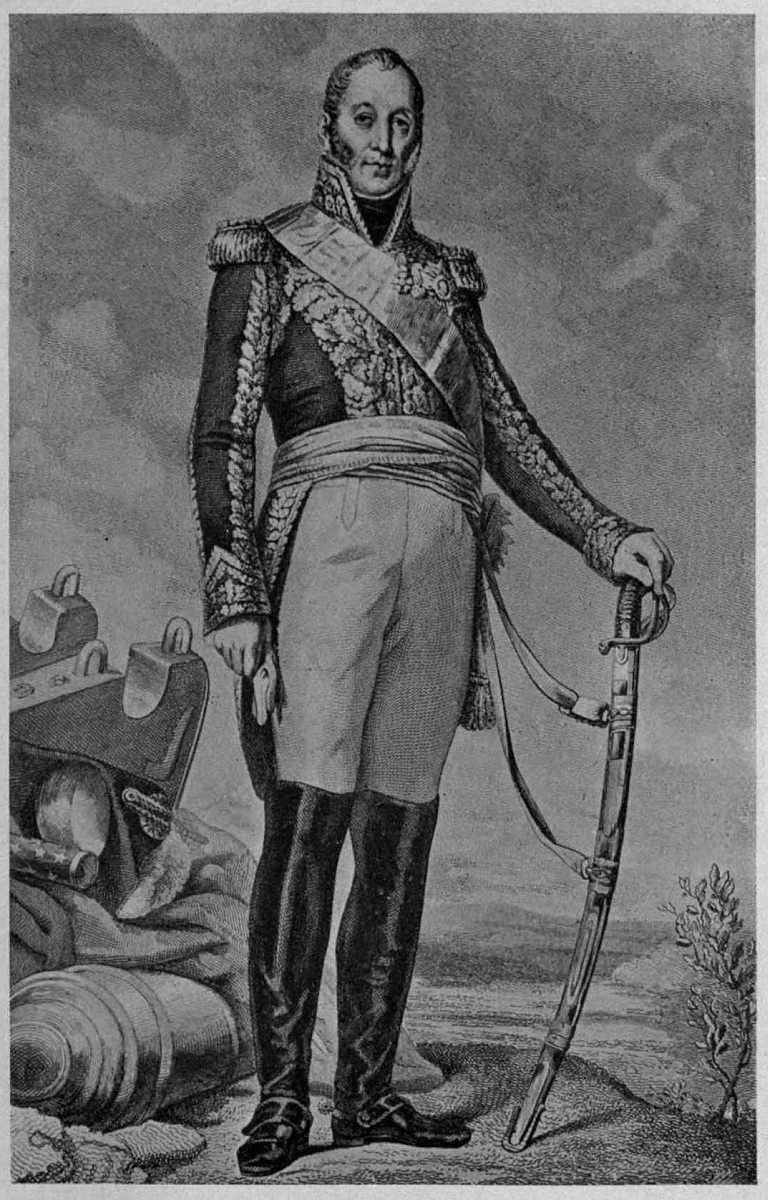
On this day, Marshal Marmont received permission from Joseph Bonaparte to negotiate with the enemy, the purpose of which was to save Paris from being plundered.
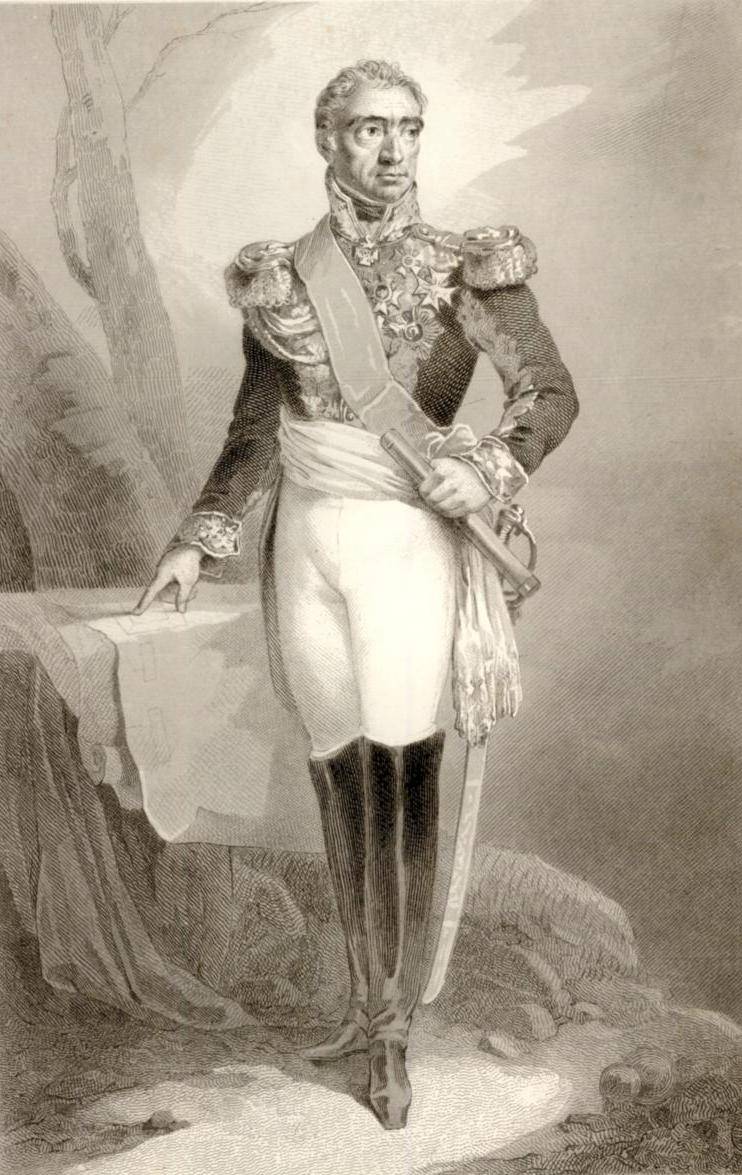
However, the protection of the capital lasted another day. It was only on the night of 30 on 31 in March that Marmon made a truce with the allies and withdrew the remnants of troops south of the capital.
He did not know that 30 March Napoleon arrived in Fontainebleau. The position of the emperor was more than threatening. The power escaped from his hands, like water from the palms. 29 March, the brother of the emperor Joseph Bonaparte and the minister of war of the empire Clark fled from Paris. Marshal Monsey, who commanded the National Guard, did not send a single battalion to help the enemy Mortier and Marmont who fought against superior forces. Marshal MacDonald, who was covering the rearguard of the Napoleonic army, refused to attack Vitry, saying: "Let your guard do it first, sire!" The army commander in the south of the country, Augereau, abandoned all the artillery in Valance and surrendered Lyon. Murat, who dreamed of retaining power in Naples, joined the anti-Napoleonic coalition and now, together with the Austrians, attacked positions defended by Eugene de Beauharnais.
Davout's corps was blocked in Hamburg. Marshal Suchet was in Spain, and Soult was near Toulouse, where his army would soon be defeated by Wellington's troops. The Senate has already issued a decree removing the emperor from power. But Napoleon was not going to capitulate. 1 April, under his command was 36 000 people, 3 April, he already had sixty thousandth army. In the near future some other units that were nearby could have approached it. He relied on Marmont, but he, not wanting to participate in the storming of Paris, which, in his opinion, was to be held on April 5, sent a letter to Schwarzenberg on the night of 3 on April 4, informing him of his readiness to leave Napoleon’s army. At the same time, he demanded the provision of written guarantees for the preservation of the parts headed by him. weapons and ammunition, as well as the preservation of life and freedom of Napoleon. And on April 4, Marshals Ney, Oudinot, Lefevre, MacDonald and Moncay arrived at Napoleon in Fontainebleau. There were already Bertier and Kolenkur. On behalf of all those present, Nei and Oudinot demanded Napoleon’s abdication.
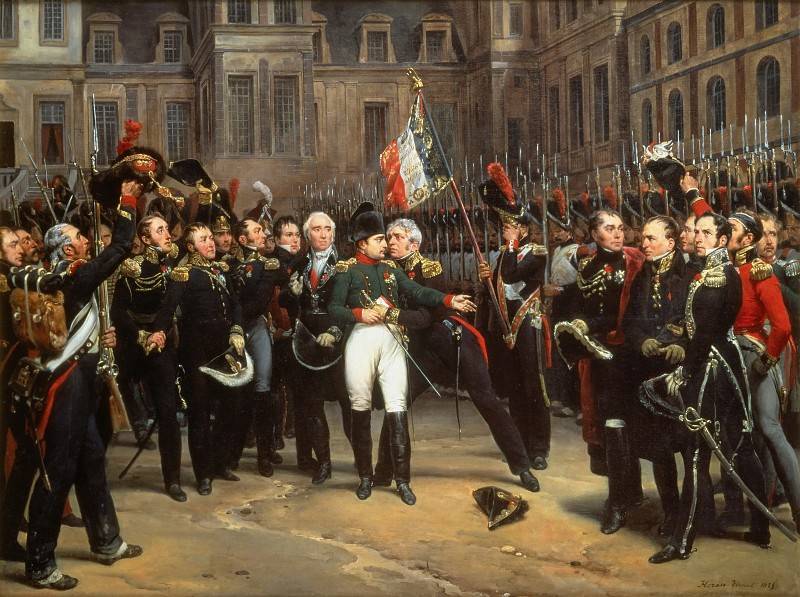
The emperor had no exit. Having signed the act of abdication in favor of his three-year-old son under the regency of Empress Marie-Louise, Napoleon sent for negotiations with the allies of Ney, Kolenkur and Macdonald, to whom Marmon, who was absent in Fontainebleau, had the right to join. What happened in the future? Here the opinions of contemporaries diverge. Marmon himself in his memoirs argues that, having learned about the renunciation of Napoleon, he stopped negotiations with Schwarzenberg and, ordering his generals Suam, Kompan and Bordyusuly to keep the army in their positions, went to negotiations in Paris. Kolenkur also testifies that Marmon sent this order to his generals only after meeting with other delegates and in their presence. On April 4, the French delegation met with Alexander I, who postponed the decision on the options for Napoleon’s abdication, citing the need for negotiations with the allies. However, on the night of April 5, an event occurred that radically changed the situation: at a new meeting, Alexander I announced that Marmon's corps had surrendered to the enemy without any conditions. Now the allies demanded that Napoleon unconditional renunciation. What happened in the absence of marmon? According to the most popular version among historians, Marmon had already made his choice at that time, and negotiations were a mere formality: the order to surrender the army to the allies was already given to them. According to another version, the nerves could not stand the generals of his army. The conscience of generals Marmont was restless. They understood perfectly well that by entering into negotiations with the enemy, which were unauthorized by the emperor, they committed an act that could be interpreted as treason. Therefore, when, in the absence of the commander, Napoleon’s adjutant arrived at his headquarters with orders to arrive at Marmont’s headquarters or his deputy, they decided that everything was known to the emperor and fell into a state of panic. As it turned out, Napoleon, in anticipation of hearing from the delegation sent to Paris, decided to simply have dinner with one of his marshals or generals. But to the frightened conspirators, the imagination drew pictures of the court-martial and the immediate execution. In addition, the remaining General Suam, formerly senior, served under the command of famous opponents of Napoleon - Generals Moreau and Pichegru, and spent several months in prison for communicating with the latter. Therefore, Suam did not even hope for the indulgence of Napoleon. Raising the soldiers who decided that they were going to attack the Austrians, the generals moved the corps to Versailles. Only when they were between the two lines of the Austrians, the soldiers understood everything and refused to obey the officers.
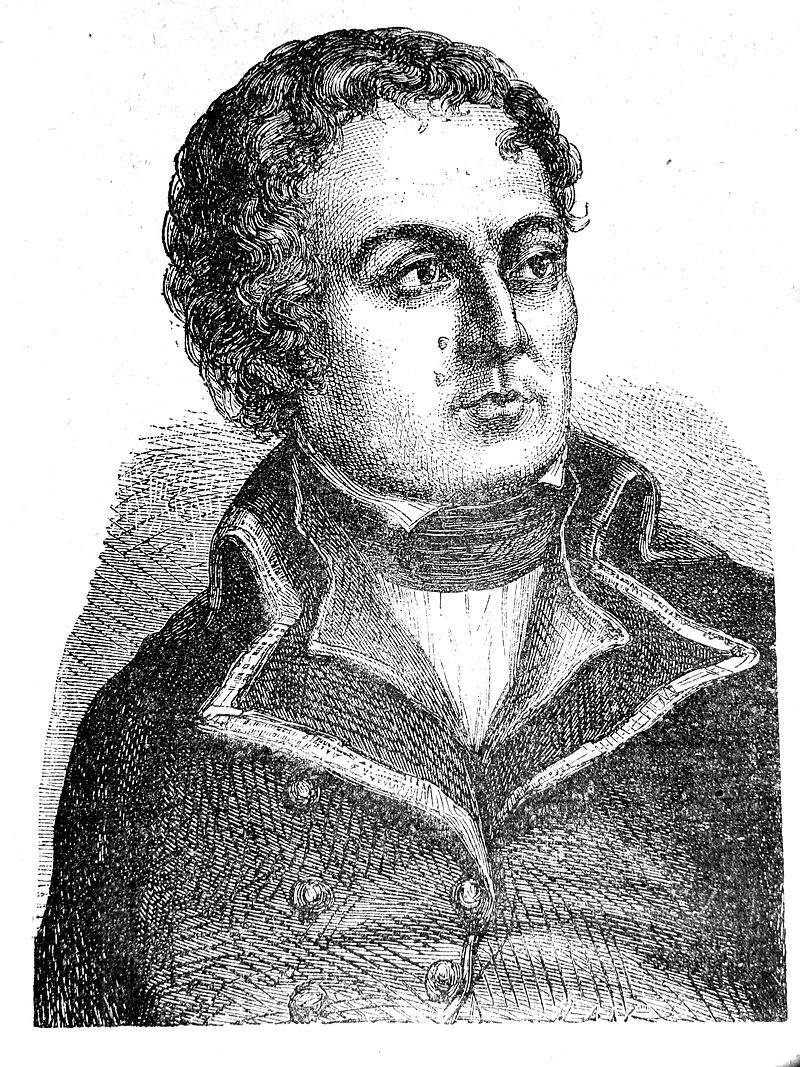
The generals fled, and the remaining unmanaged corps moved to Rambouillet. Hastily arrived Marmon managed to restore order and send his troops to Mantes, where they remained until the completion of the negotiations. On Saint Helena, Napoleon said to Dr. O'Mir: "If it were not for the betrayal of Marmont, I would drive the allies out of France." About Marmon himself said that he: “Must be the object of disgust on the part of descendants. As long as France exists, the name of Marmonus will not be mentioned without a shudder. ” So, in general, it happened: Marmon received from the new king the title of peer and the title of captain of the royal bodyguards (this division in the people was called “the company of Judah”). Apparently, without counting on forgiveness, during Napoleon's 100 Days, Marmont, one of the few Republican generals and marshals, remained loyal to Louis XVIII and accompanied him to Ghent. He voted for the execution of Ney, which finally destroyed his reputation in the army. In 1817, he put down a rebellion in Lyon. During the revolution, 1830 was appointed governor of Paris for a long time, hesitated before giving the order to use weapons, did not succeed, and was removed from his post. After the fall of the monarchy, Marmont left France forever. In Vienna, on the instructions of the Court, for 3 months he tried to set Napoleon’s son and Maria Louise, Duke of Reichstadt, against his father, trying to convince him that his father was an “immoral, evil and bloodthirsty person.”

And not a victim of a single defeat, but 6 left by Napoleon on April 1814 on April signed an act of abdication on terms of the allies.
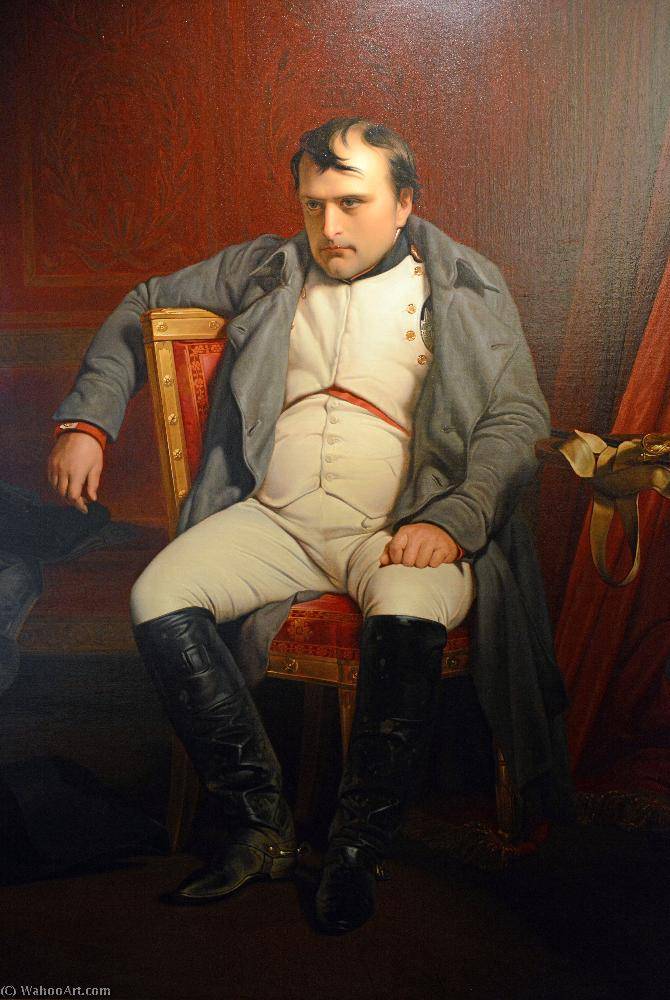
On April 12, he made an unsuccessful attempt at poisoning, and on April 28 had already left for his first link to the island of Elba. In less than a year, Napoleon will once again set foot on the land of France and 20 in March 1815 will enter Paris. But it is already completely different. story.
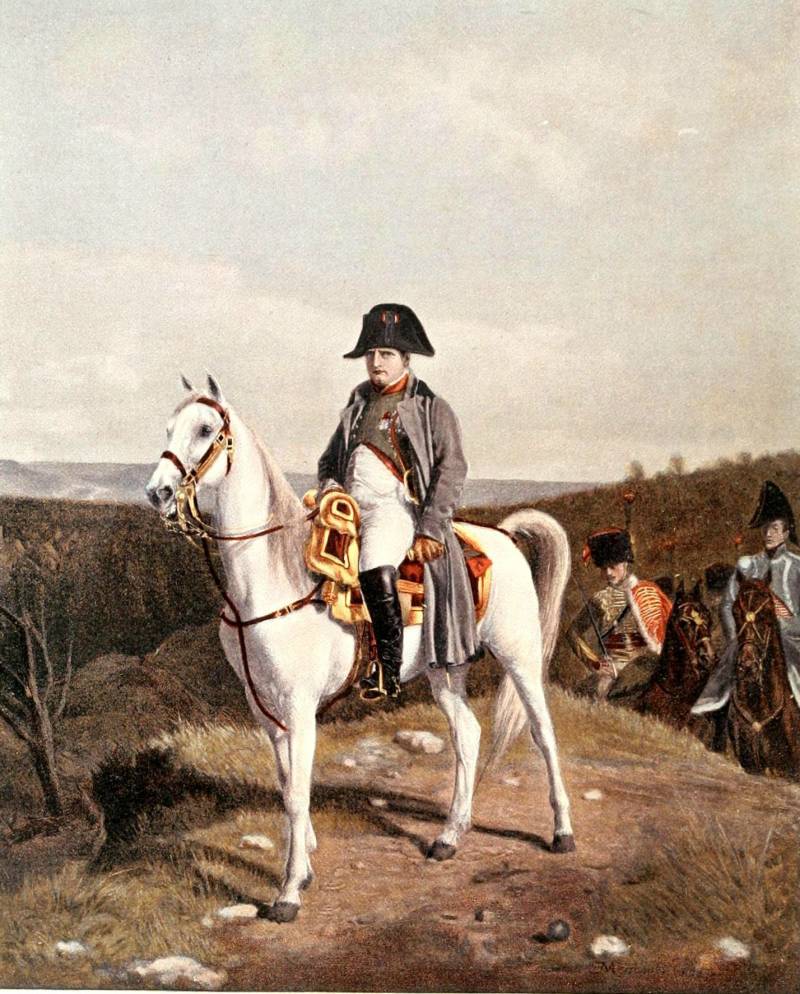
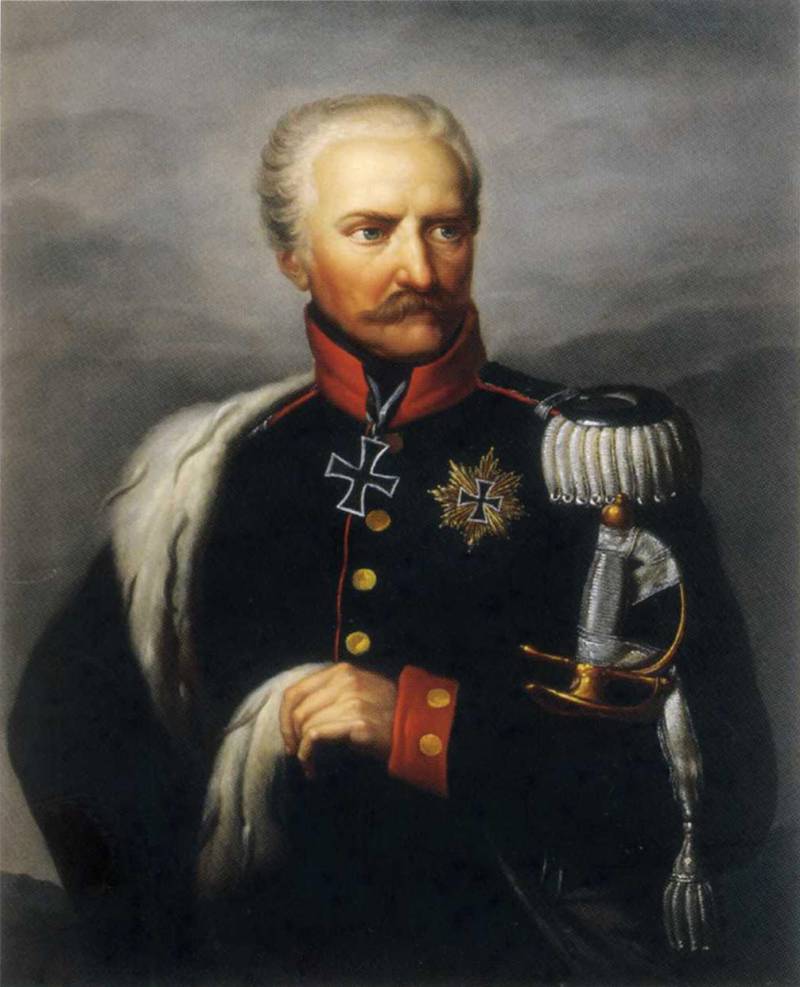
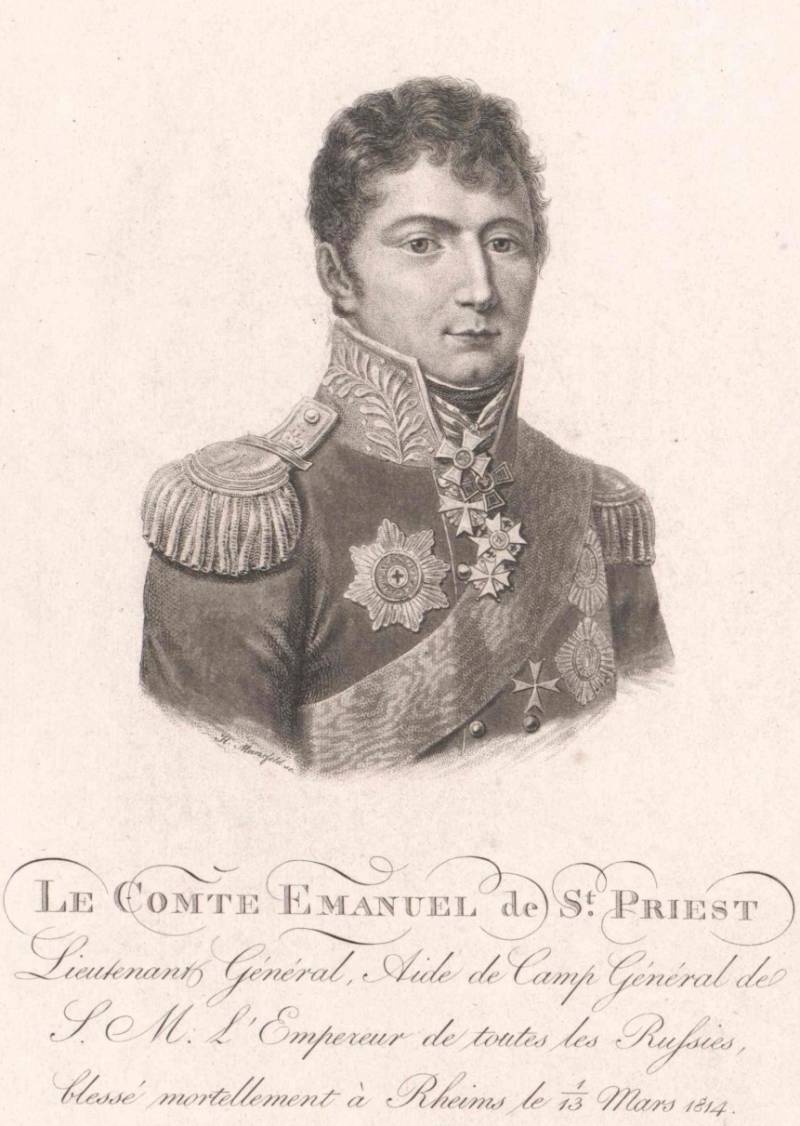
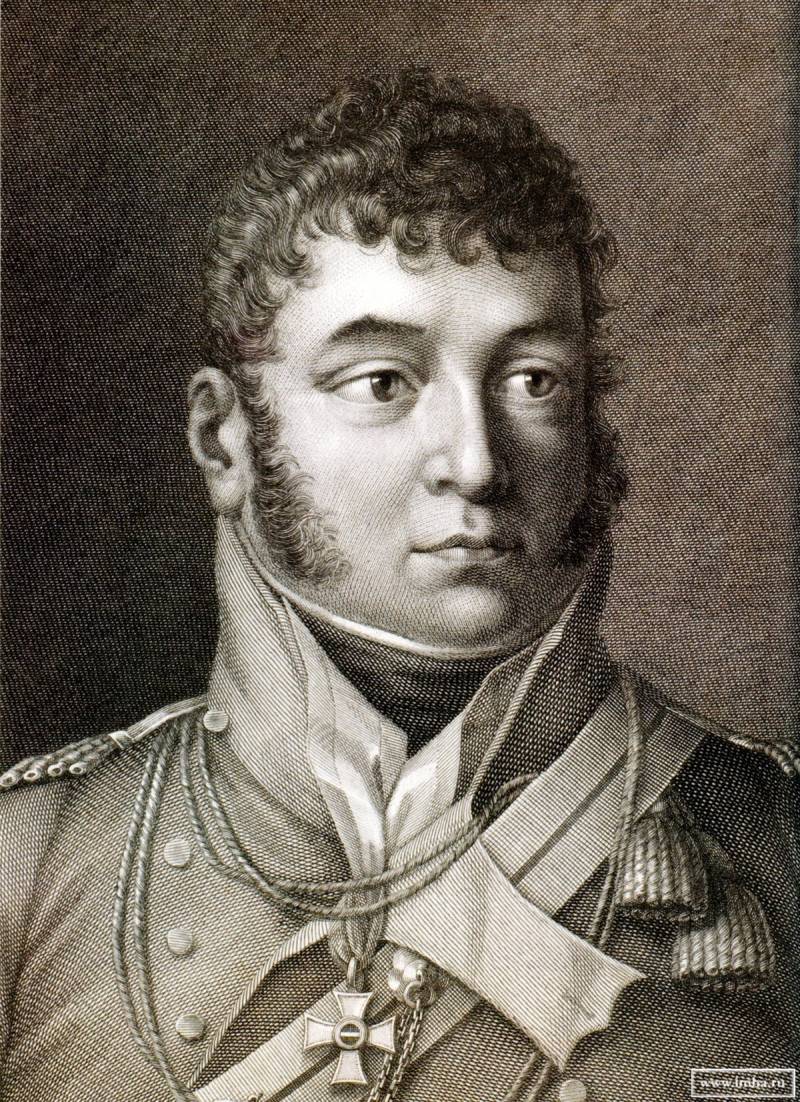
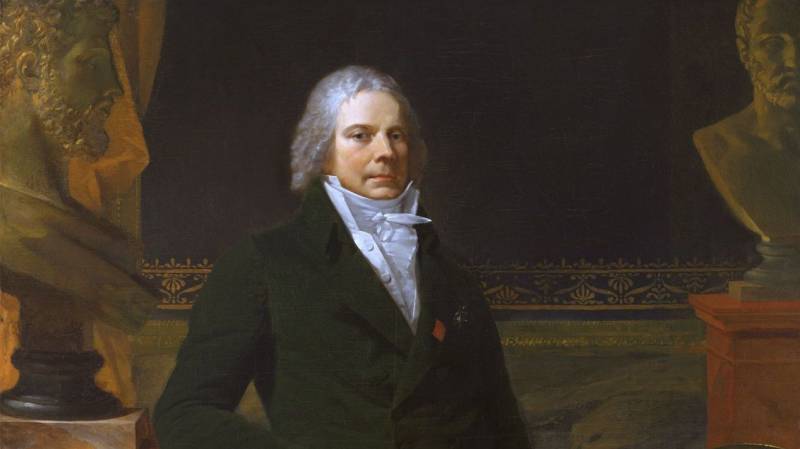
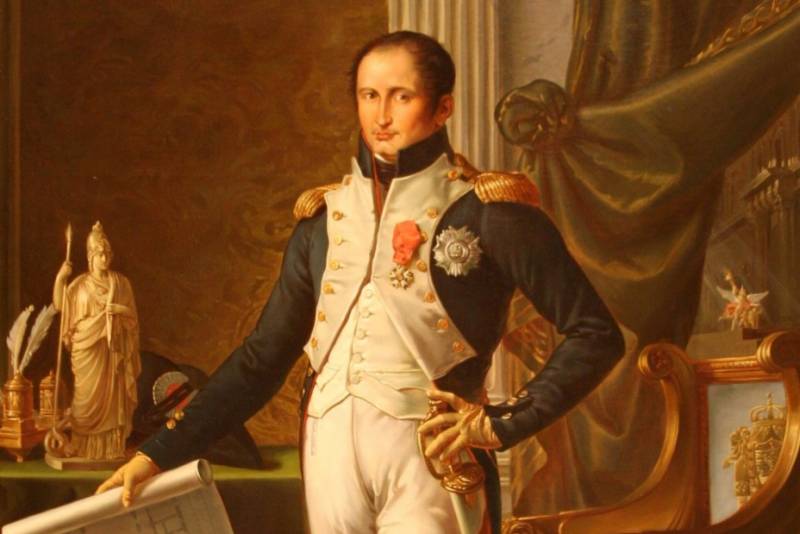
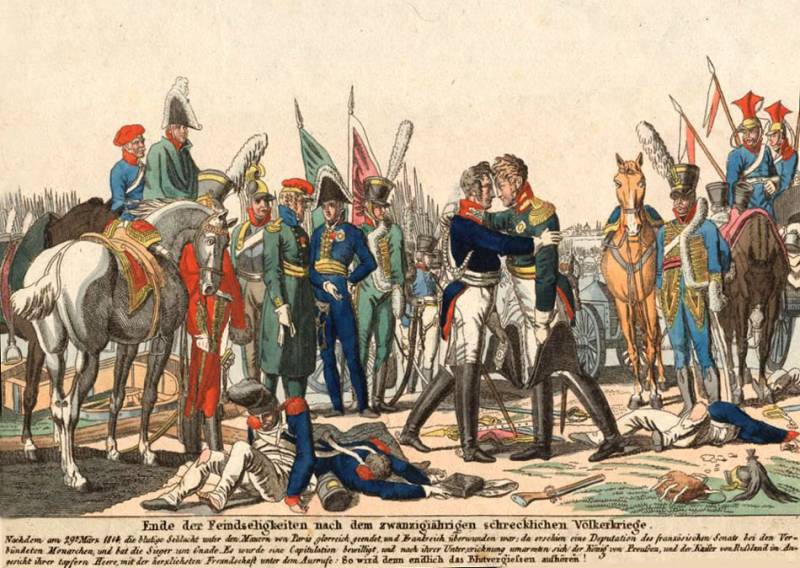
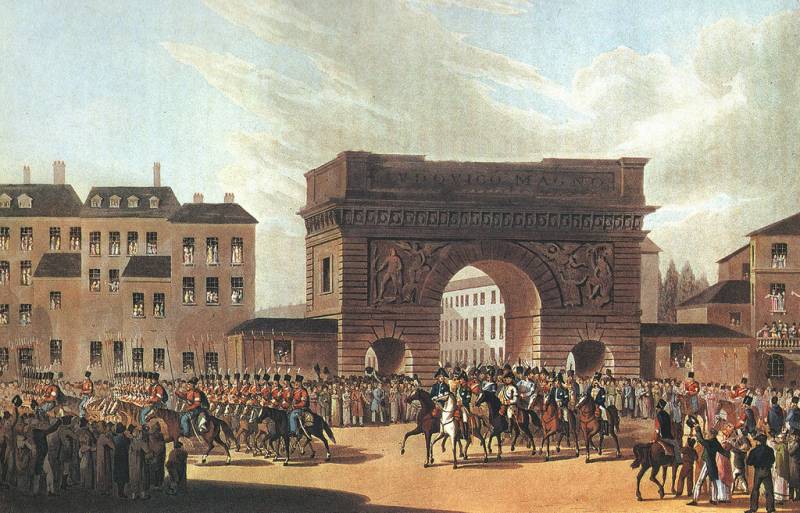
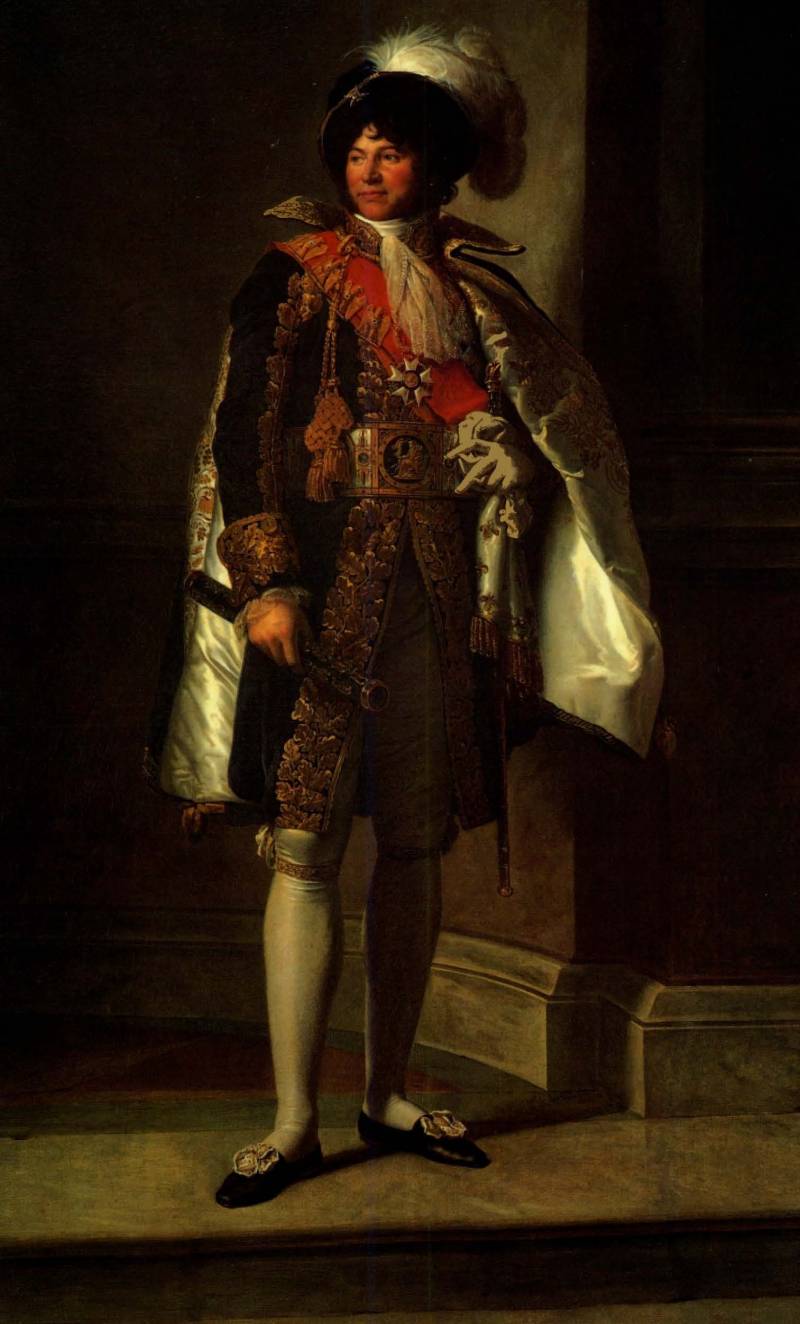
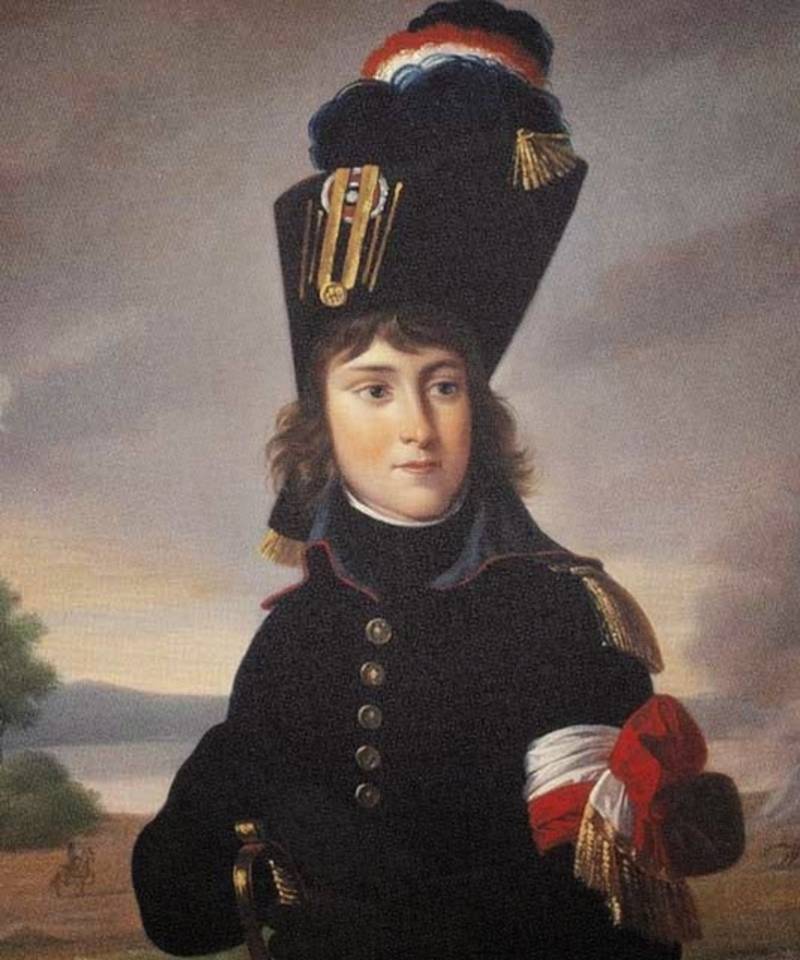
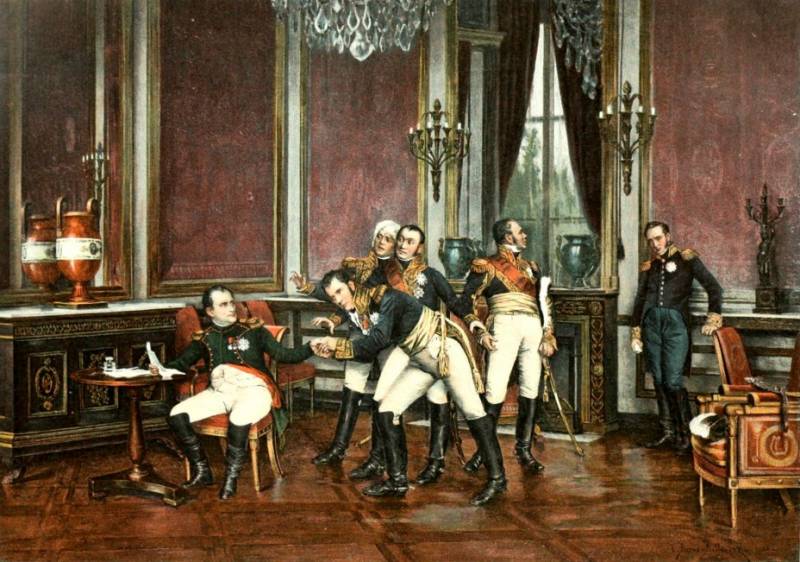


Information